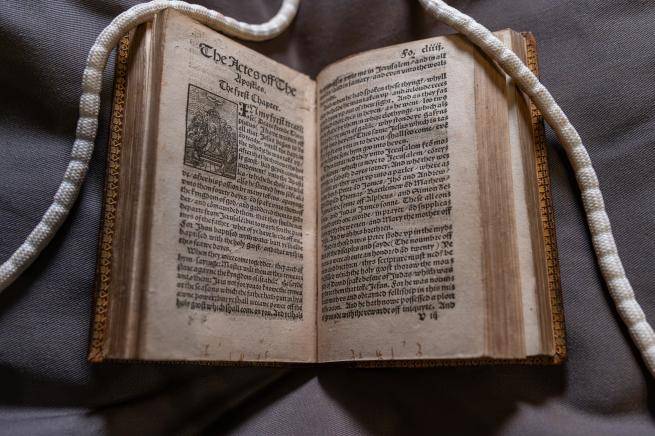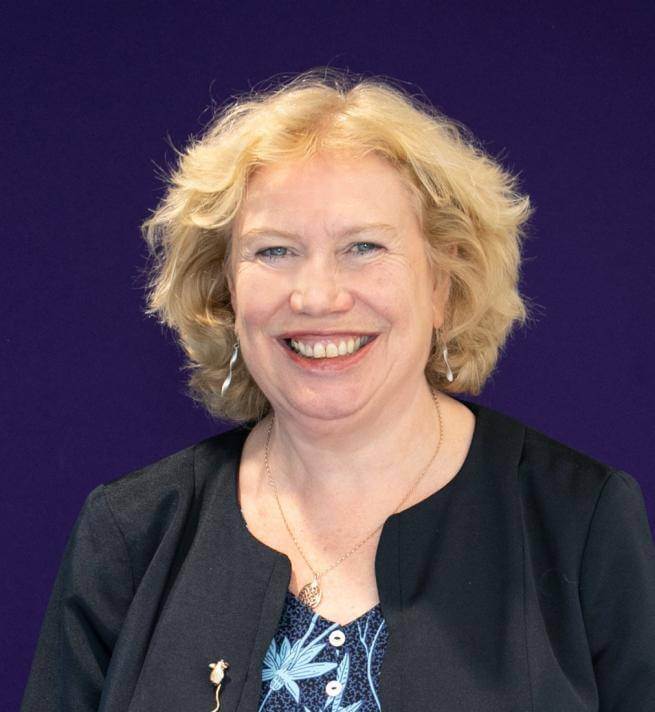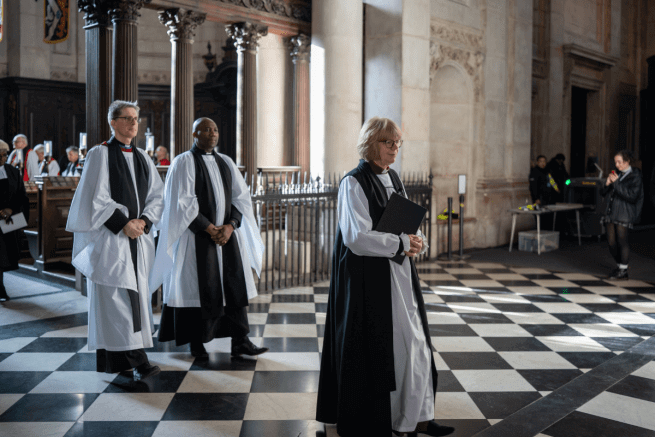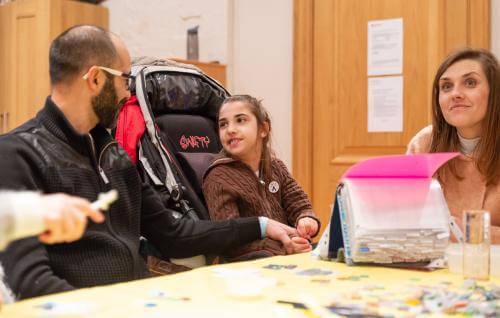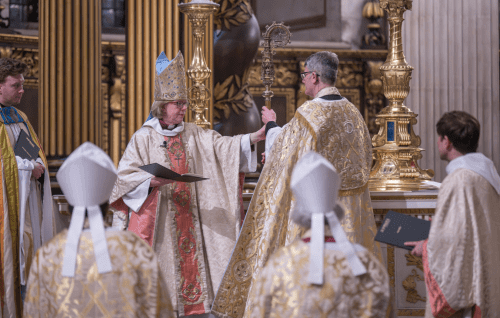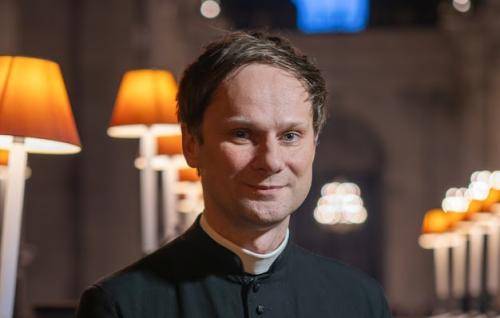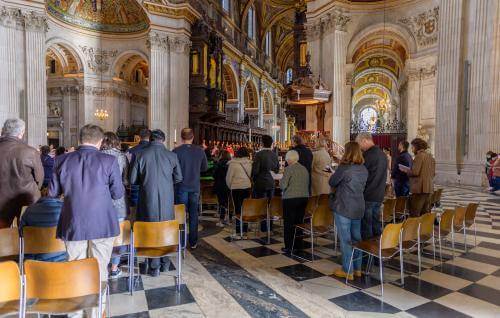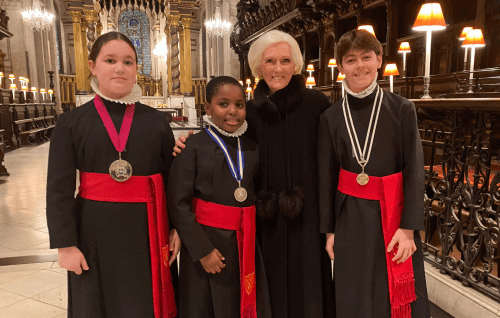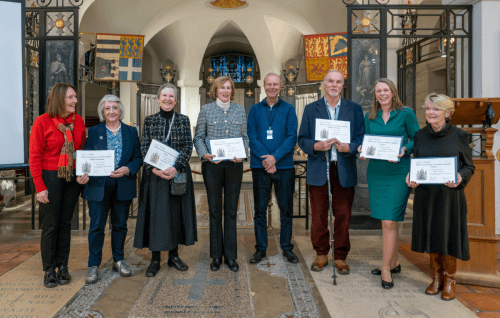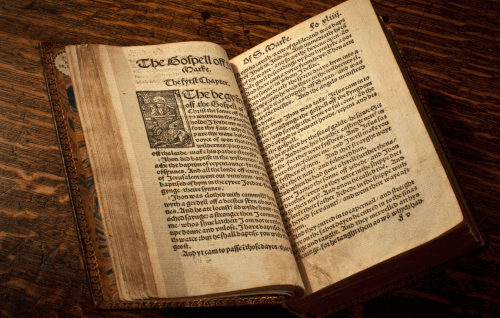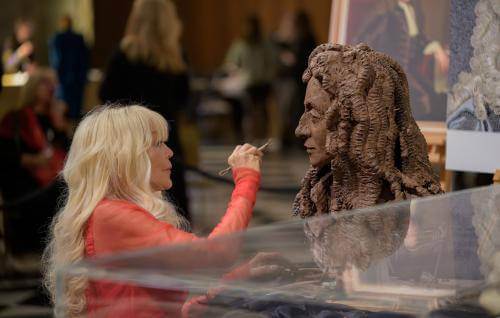News and updates
News and updates
Discover our latest news, including updates from the latest projects, details of special events, services, and more.
For more information
If you would like more information on any of the news stories listed on this page, please visit our Press and Media page for the contact details of our press office.





